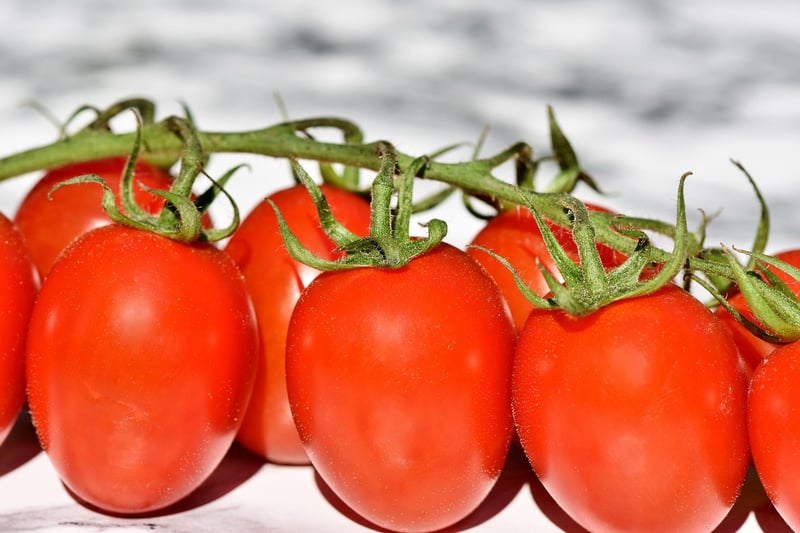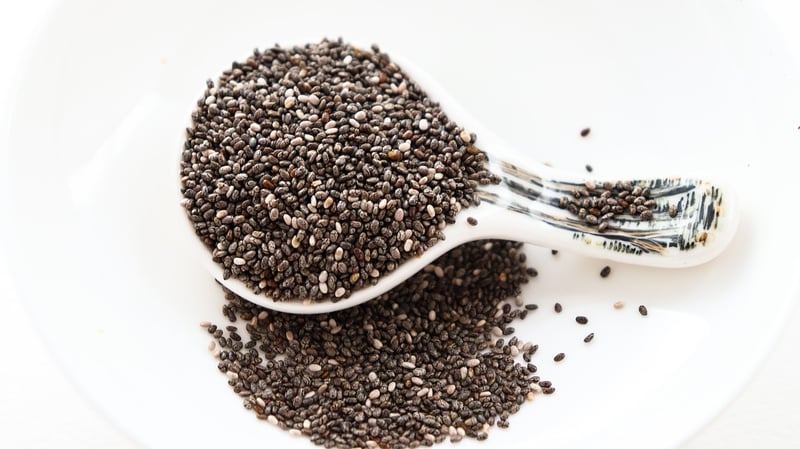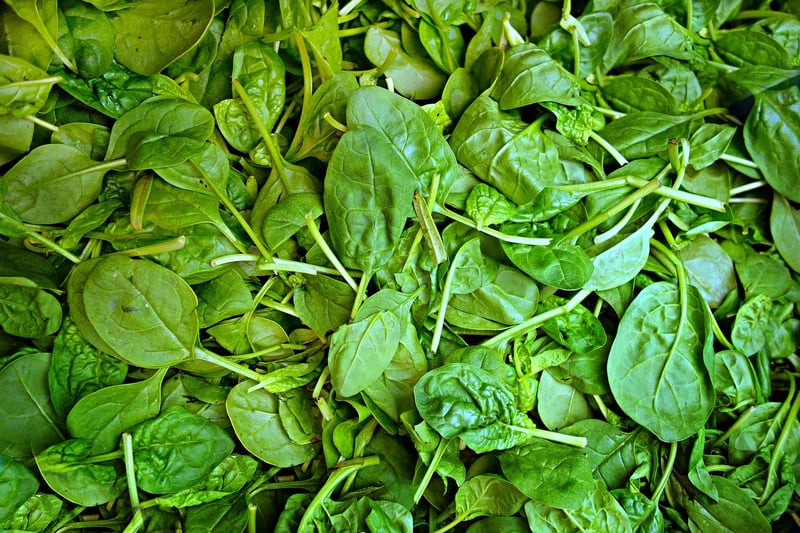Plant-based Alternatives
Exploring Key Components and Plant-based Alternatives
Introduction
As the world becomes more conscious of health, the environment, and ethical considerations, exploring plant-based alternatives to traditional components is gaining popularity. Let's delve into the key components commonly found in various products and discover their plant-based alternatives.
Key Components and Plant-based Alternatives
1. Protein
Protein is a vital component for building and repairing tissues in the body. While animal sources like meat and dairy are common, plant-based alternatives such as beans, lentils, tofu, and quinoa provide excellent sources of protein. These alternatives are not only nutritious but also sustainable.

2. Dairy
Dairy products are rich in calcium and vitamin D but can be replaced with plant-based options like almond milk, soy milk, coconut milk, and oat milk. These alternatives are suitable for individuals with lactose intolerance or those following a vegan lifestyle.

3. Omega-3 Fatty Acids
Omega-3 fatty acids are essential for heart health and brain function. While fish is a common source, plant-based alternatives like chia seeds, flaxseeds, walnuts, and hemp seeds offer a vegan-friendly option to meet the body's omega-3 requirements.

4. Iron
Iron is crucial for carrying oxygen in the blood and preventing anemia. Plant-based sources such as spinach, lentils, quinoa, and tofu are rich in iron and can be easily incorporated into a balanced diet to meet daily requirements.

Conclusion
Exploring plant-based alternatives to key components not only promotes a healthier lifestyle but also contributes to sustainability and ethical food choices. By incorporating these alternatives into your diet, you can enjoy a variety of nutritious options while reducing your environmental impact.
Embrace the power of plant-based alternatives and discover a world of delicious and sustainable choices!
